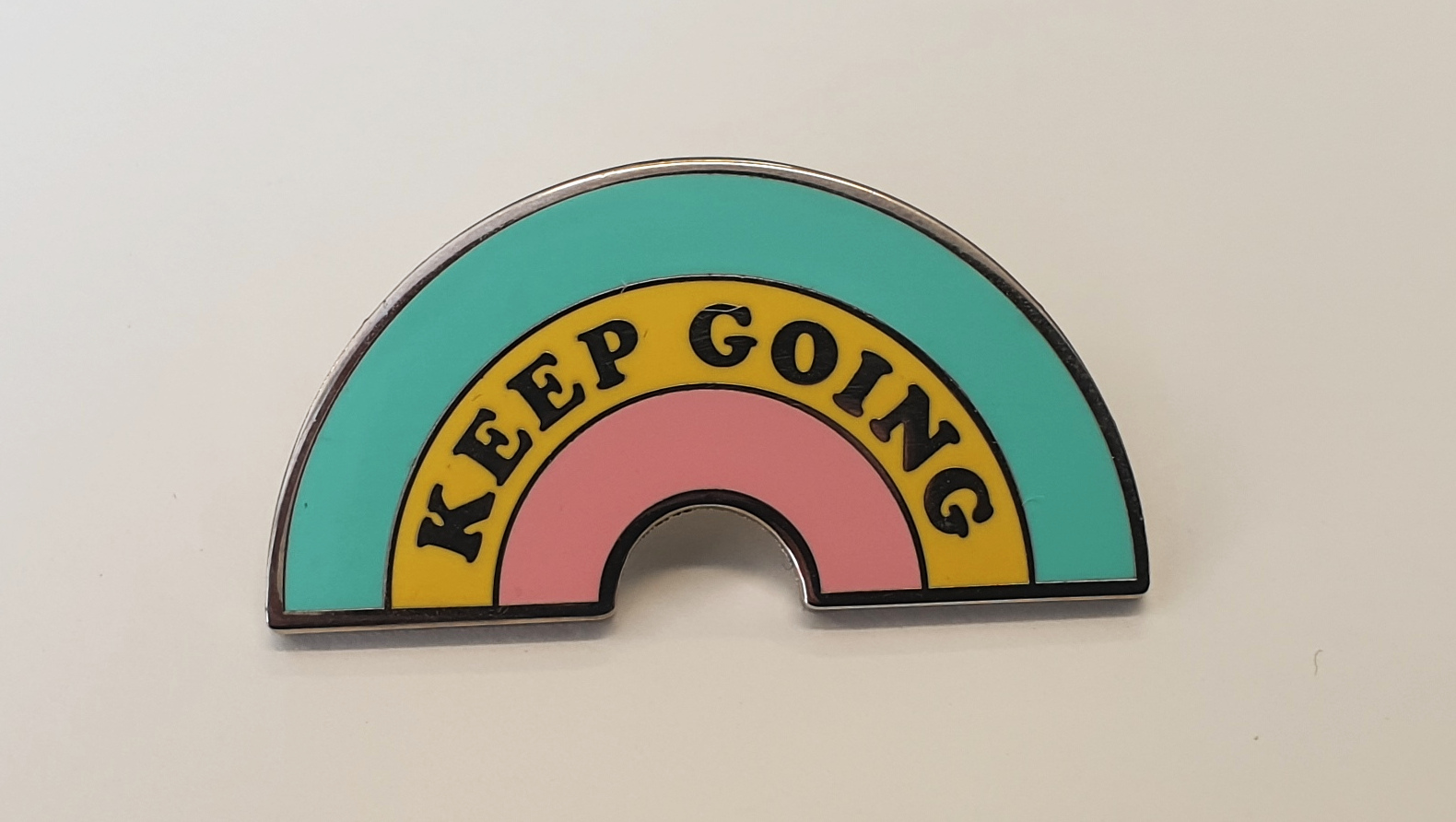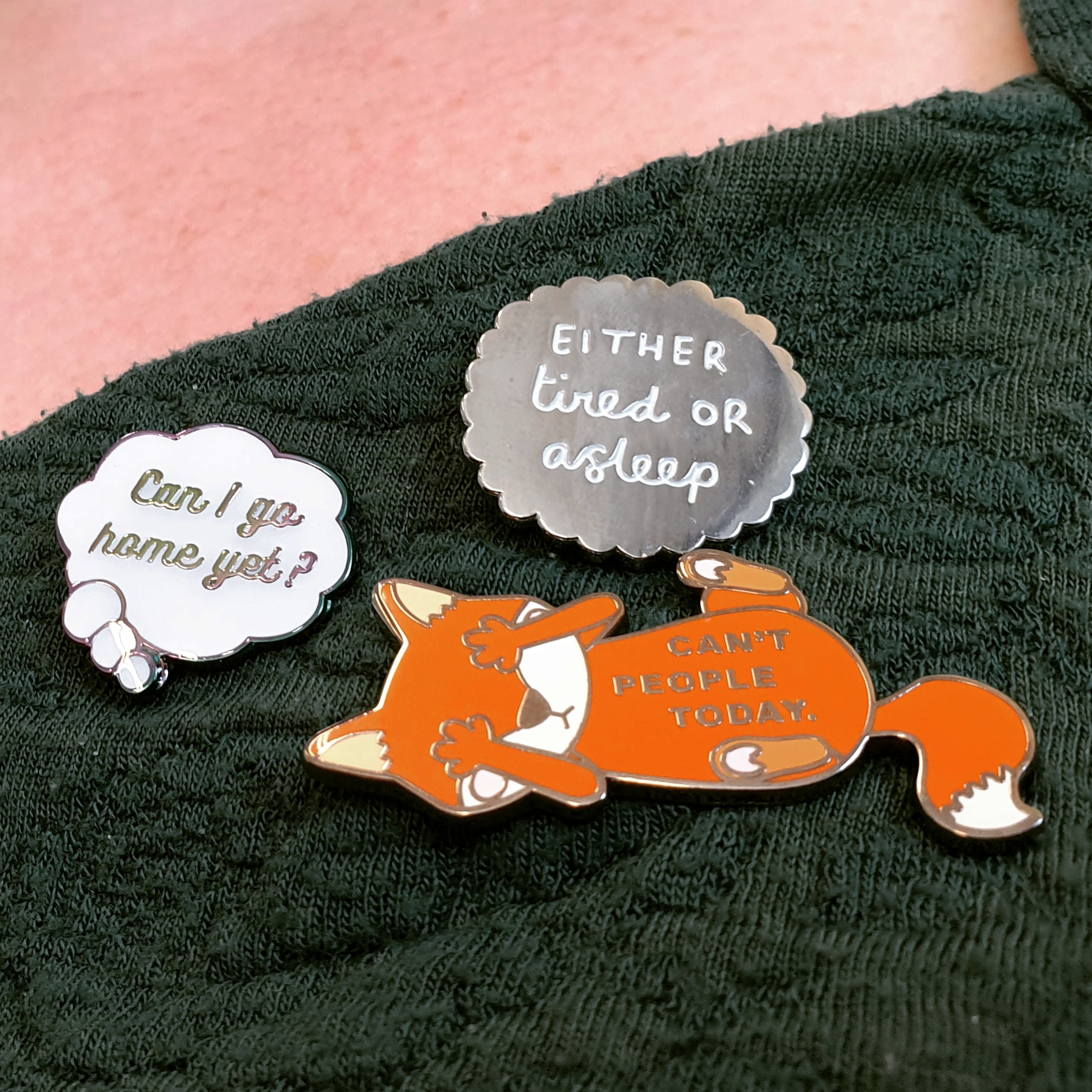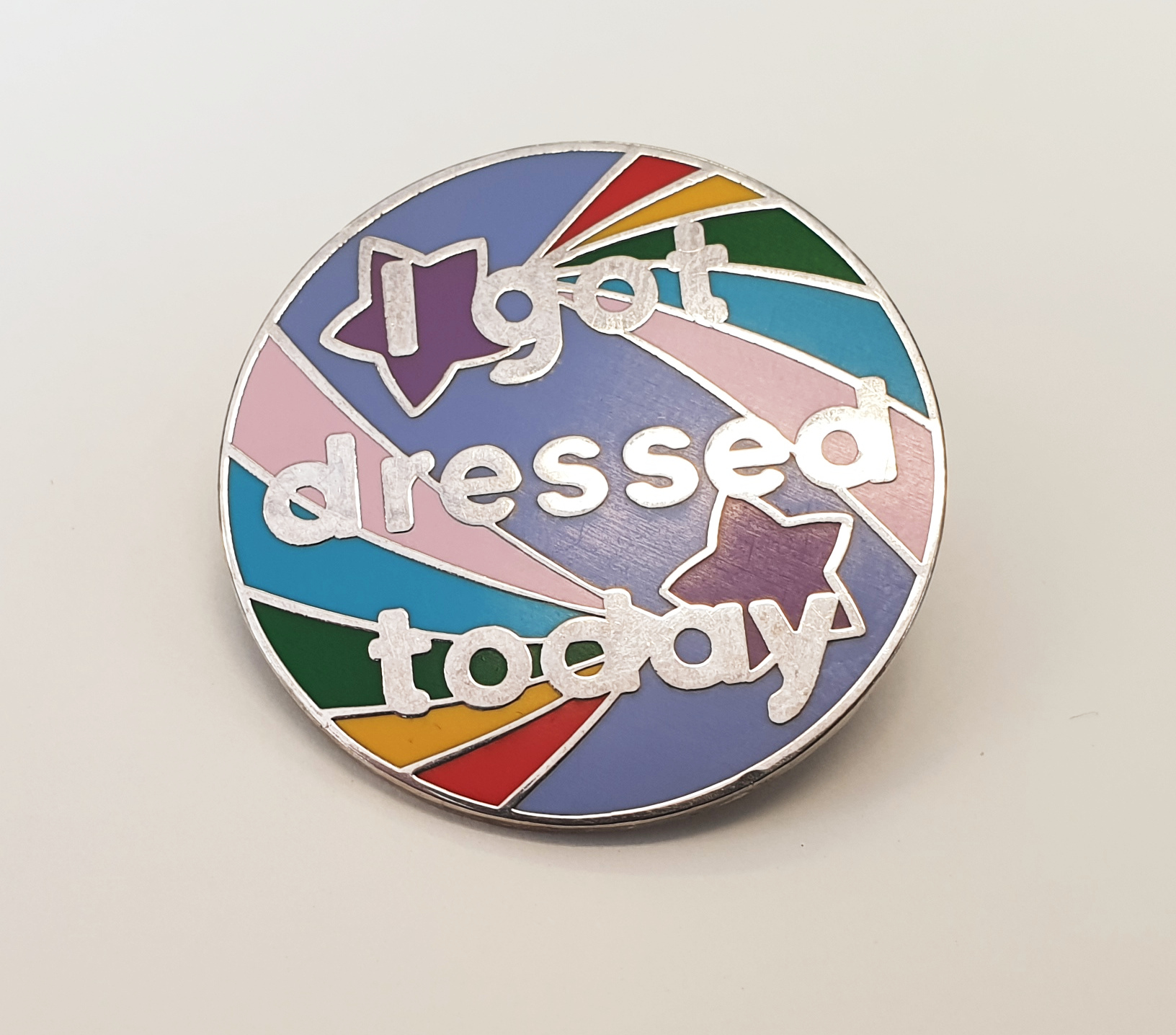 I’ve got a lot of mileage on this blog from writing about our Inclusion and Diversity policy, from the point we decided to create one, to its publication, but this time I’m going to talk about one of the more personal reasons why it was important to me. This week in the UK is Mental Health Awareness Week and I didn’t want it to pass without recognising why it is important and why we need to talk more openly about mental health. Discussion of mental health is still too often taboo and those who suffer from issues stigmatised. So, when I was diagnosed with anxiety and depression just over two years ago, I decided that I would never shy away from sharing my own experience.
I’ve got a lot of mileage on this blog from writing about our Inclusion and Diversity policy, from the point we decided to create one, to its publication, but this time I’m going to talk about one of the more personal reasons why it was important to me. This week in the UK is Mental Health Awareness Week and I didn’t want it to pass without recognising why it is important and why we need to talk more openly about mental health. Discussion of mental health is still too often taboo and those who suffer from issues stigmatised. So, when I was diagnosed with anxiety and depression just over two years ago, I decided that I would never shy away from sharing my own experience.
As anyone with depression will tell you, it’s an illness that manifests itself differently from person to person but impacts on your life far more broadly than the commonly held belief that a depressed person is just feeling a bit sad. There are a wide variety of common symptoms that include different extremes such as increased or decreased appetite, trouble sleeping or sleeping too much, both of which can lead to fatigue, as well as spiralling negative thoughts, feelings of worthlessness or guilt, a loss of interest in activities that were previously enjoyable, a reduction in cognitive ability, and thoughts of suicide and self-harm.
It is obvious that such issues will have an impact on our work performance, and this is particularly seen in relation to focus and decision-making, time management, completing physical tasks, social interactions and communication. While it is important that anyone in need seeks medical treatment if needed, there are also steps that employers and employees (if they feel comfortable being open about their mental health issues) can take to improve an individual’s experience at work. In fact, there’s a great publication from the See Me campaign that sets out the legal, moral and business case for taking proactive steps. One fact it includes is that a 2011 study in Scotland by The Scottish Association for Mental Health (SAMH) found that mental health issues cost organisations in Scotland around £1000 a year on average per employee, largely due to loss in productivity and absences. So, supporting employees’ mental health can have a direct financial benefit to an organisation!
steps. One fact it includes is that a 2011 study in Scotland by The Scottish Association for Mental Health (SAMH) found that mental health issues cost organisations in Scotland around £1000 a year on average per employee, largely due to loss in productivity and absences. So, supporting employees’ mental health can have a direct financial benefit to an organisation!
My own depression and anxiety affect me in different ways at different times in relation to work. Sometimes I find it hard to get up and ready for work in the morning, other times I have problems concentrating on tasks no matter how hard I try (I find webinars particularly challenging), I can be forgetful when it comes to replying to emails and tasks I’ve promised to do, making phone calls triggers my anxiety, and I can have a tendency to get stuck in negative spirals about mistakes I’ve made or things I’ve forgotten.
I’ve been lucky though and have supportive family and colleagues that have helped me in seeking treatment and finding ways to cope when things aren’t great. At work this has included arranging to work from home on Mondays, which helps provide a ramp up into the week and reduces stress, as well as being flexible about start and end hours. I also try to use tools like an ordered ‘to do’ list I keep in Excel to help manage my task list and remembering what needs done when. I’ve also found apps like Headspace and techniques like mindfulness useful in helping with stress, anxiety and combating negative thoughts.
Unfortunately, I’ve found that some of my biggest triggers are lots of travel and events, two things that are key to what we do at the DPC. Oddly public speaking isn’t really an issue as I’ve become so used to it, but rather it’s the break in routine (something that’s important to maintain if you suffer from depression) and the need to be ‘on’ that I find very draining. Thankfully I’ve found ways to cope with these too: the working from home definitely helps recover from travel stress. And if you see me sitting apart during lunch breaks, it’s not that I don’t want to speak to you, I just need a bit of time to recharge my batteries...
Thi s all (finally) brings us back to the Inclusion and Diversity Policy, when I was drafting it my own issues were obviously an influence and as such, I wanted to make sure it supported people as broadly as possible, including language that specifically mentioned the promotion of good mental health. This is something that will continue to the influence the steps we take to implement the policy and support the DPC and wider digital preservation community. Next month I am attending mental health first aid training, so that best practice can be built into our event procedures, and we are already discussing how we can support good mental health at events, particularly larger ones like iPRES 2022 (a quiet space to decompress is already on the list!)
s all (finally) brings us back to the Inclusion and Diversity Policy, when I was drafting it my own issues were obviously an influence and as such, I wanted to make sure it supported people as broadly as possible, including language that specifically mentioned the promotion of good mental health. This is something that will continue to the influence the steps we take to implement the policy and support the DPC and wider digital preservation community. Next month I am attending mental health first aid training, so that best practice can be built into our event procedures, and we are already discussing how we can support good mental health at events, particularly larger ones like iPRES 2022 (a quiet space to decompress is already on the list!)
If you have any suggestions or feedback about how we can support the community in this area I’d be happy to hear from you. There’s also lots of great information available online about Mental Health Awareness Week if you’d like to know more. This year’s theme is body image, but this would have been a VERY long blog post if I’d started talking about that too. I’d also recommend checking out the excellent resources on supporting people in the workplace that are accessible through Mental Health at Work.
Good mental health is as important as good physical health, so please make sure to look after yourself and others!
Images are a few of my favourite mental health-related pin badges, below are the artists and links to buy.
- Keep Going - from the Lucky Dip Club, no longer available
- Either Tired or Asleep - Veronica Dearly https://veronicadearly.com/collections/pins-badges/products/either-tired-or-asleep-enamel-pin-badge
- Can I Go Home Yet? - Hand Over Your Fairy Cakes https://hoyfc.com/products/can-i-go-home-yet-enamel-pin
- Can't People Today - Box Monster https://box-monster.com/product/cant-people-today/
- I Got Dressed Today - Hand Over Your Fairy Cakes https://hoyfc.com/products/i-got-dressed-today-enamel-pin













































































































































